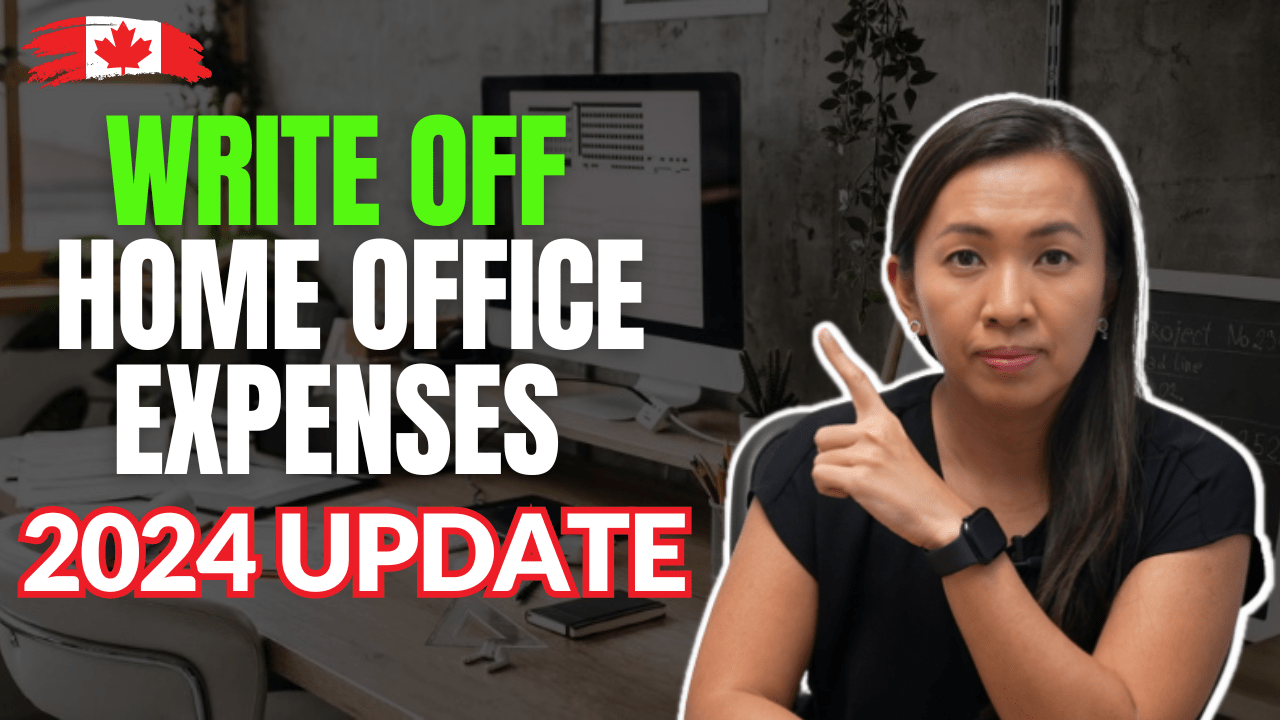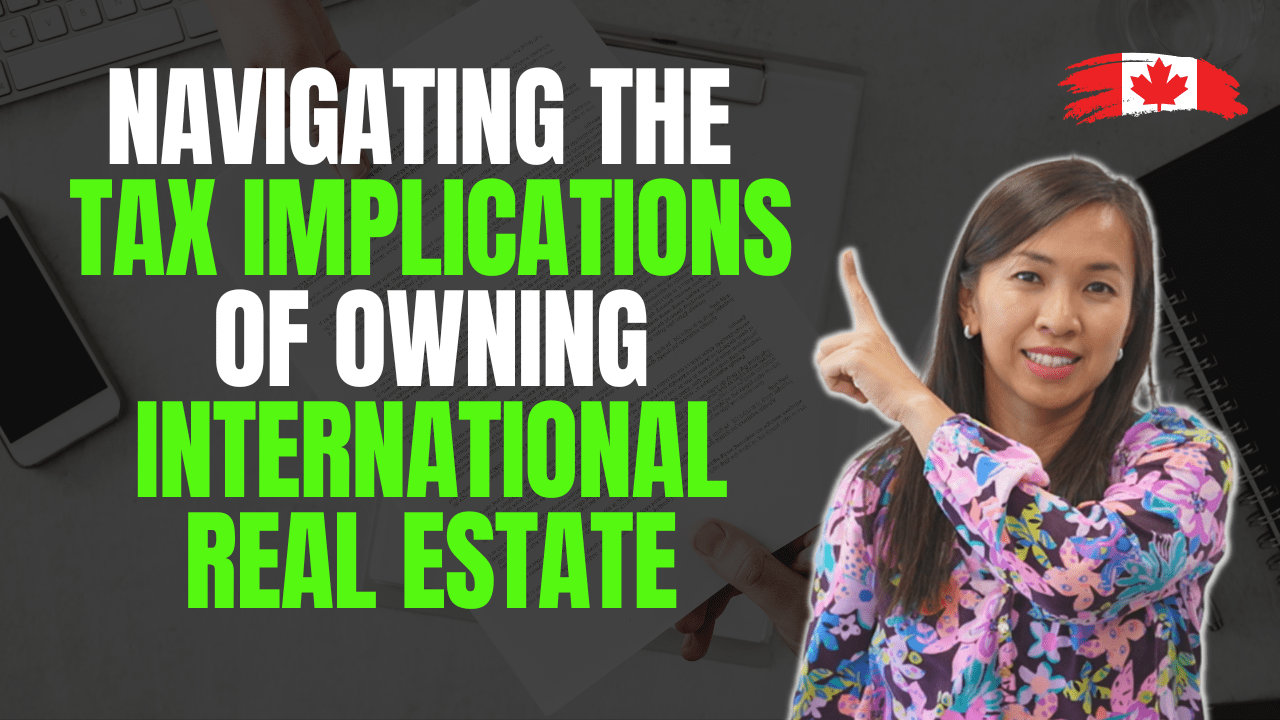HoHoHo! April finally passed!
I must thank my entire team for pulling through this tax season with me. It’s not easy, and we have a lot of room for improvements.
What better way to celebrate the end of tax season and the beginning of spring, but with the latest blockbuster: Avengers: Infinity War?
Erwin and I are not frequent movie goers. We are parents after all. Time is precious, and we just don’t have the time for it.
All I could say about Avengers was … Oh My God! What a movie and what an ending!
If you haven’t watched it yet, I highly recommend! 😉
As we ended our 2018 tax season, here are some lessons and/or observations.
- Most people are paying more taxes this year
It’s been the same observation since I started writing this blog.
Every single year, I see that the tax bill for most of my clients slowly climbing up.
This is mostly driven by a few factors:
- Loss on tax credit for taking care of elderly parents
- Loss on children activity tax credit
- Loss on the public transit tax credit
Sad, but we are truly paying more taxes year over year.
- Most clients made money off real estate, not in the stock market (except one client)
Almost all my clients are real estate investors, it’s no surprise that only a small percentage hold investment in the stock market.
For those who invest in the stock market, all of them lose money, one way or another, except one client.
He did extremely well.
When asked what his secret is and why he turned around and used the profit to invest in real estate, he said it’s because there’s no guarantee in the stock market. You may win big today, but you may lose big tomorrow.
Much safer with the real estate market.
- Most real estate investing takes time to stabilize… and expenses incurred during this period may not be deductible
I can confirm this observation with my personal experience.
It took us 3 months to find an upstairs tenant for our Hamilton property.
It took us another 2 months before completing the basement suite legalization, with permit.
It then took us another month to rent out the basement (winter wasn’t exactly easy for renting).
It took us essentially 6 months of work and carrying costs before we filled the property.
Many investors are disappointed that they can’t “deduct” all this expenses in the current year statement.
CRA specifically calls out these specific situations (https://www.canada.ca/en/revenue-agency/services/tax/businesses/topics/rental-income/capital-expenses-special-situations.html) as “exceptions” for deduction.
Carrying costs/soft costs incurred during the construction period cannot be deductible.
Expenses normally considered repairs can be treated as capitalized expenses (not deductible in current year) if these expenses are incurred immediately after you purchase an old building.
Wow, lots of traps here to navigate through!
- Tax on sale of real estate can be less than what investors think
Tax reporting on selling a property can be very different from the actual amount that you get from your lawyer at closing.
You may get $200K from your lawyer when you sell a property, but this does not mean that your profit is $200K and taxes will be paid on the $200K.
If the property you sold is rent to own, you might have already reported the option downpayment and some rent credit. You don’t have to count that as your profit again.
If you have done some renovation to get the property ready for sale, those expenses are added to the cost of the building and deducted against the final sale price.
If you have undeducted carry-forward finance charges, depending on the circumstances, you may want to deduct it against the sale too.
All these help in lowering your taxes and you may have a lower balance than you think!
- Tax planning is done ahead of time, not after the fact
After confirming with my clients how much they owe, I got a few emails this year, “how can I lower my taxes?”
I wish I had a magic wand to make all taxes go away, but I don’t.
When the transaction is made, it is all set. As accountant, our hands are tied.
If you involve us early in the process, we have a say and can contribute our ideas to lowering your taxes.
Don’t wait until April to ask for ideas on lowering your taxes for 2018. Planning starts when you start investing!
Hey, paying taxes is not a bad thing. You only need to pay if you are making money!
Until next time, happy Canadian Real Estate Investing.
Cherry Chan, CPA, CA
Your Real Estate Accountant






Ann
I have rental income from a condo (say) A, but no mortgage interests to charge out because I had paid it off a couple of years ago. I believe I can plan to remortgage my rental condo A to partly pay for a new purchase of another condo (say) B, and deduct my cost of borrowing against the rental income from both condos as they are investment properties. What if I subsequently sell off condo B but do not plan to repay the mortgage I took out from condo A? Can I still deduct the mortgage interest against rental from condo A since condo B does not exist anymore?
sajjad s
I have following your posts for sometime and want ot thank you for clearing up pressing issues for everyone to understand.